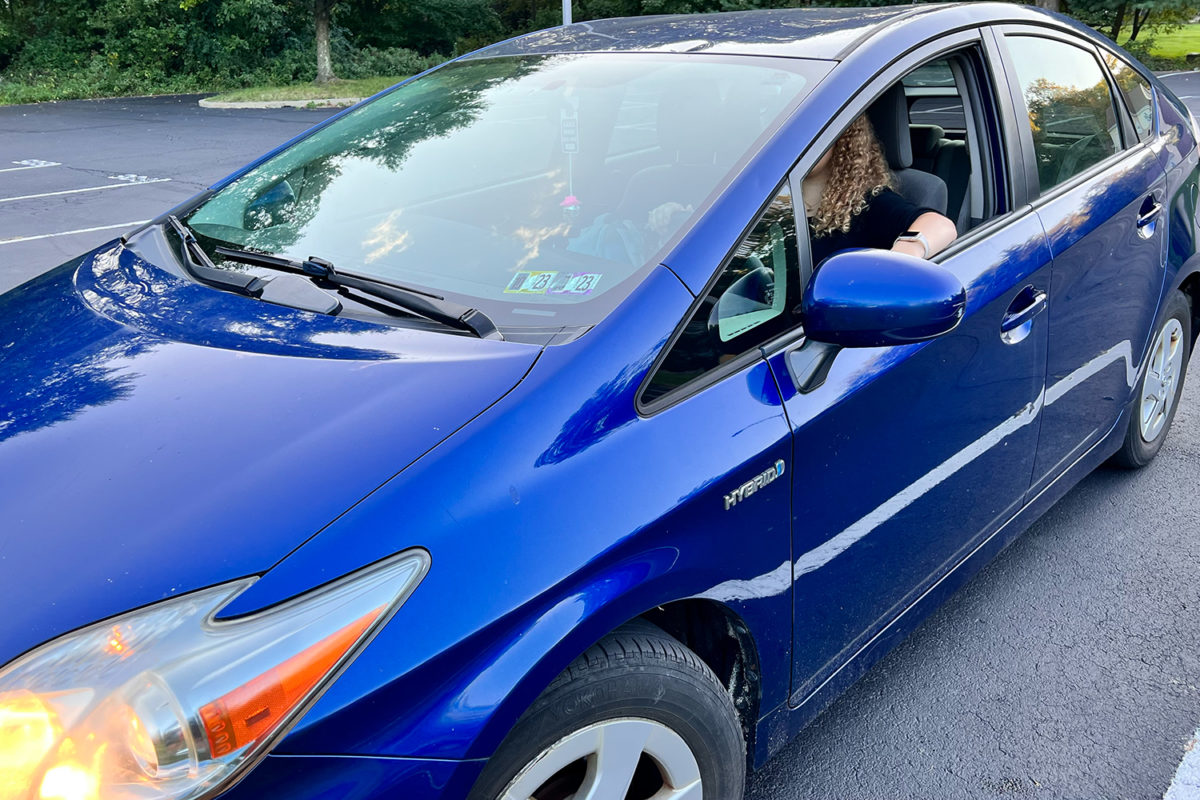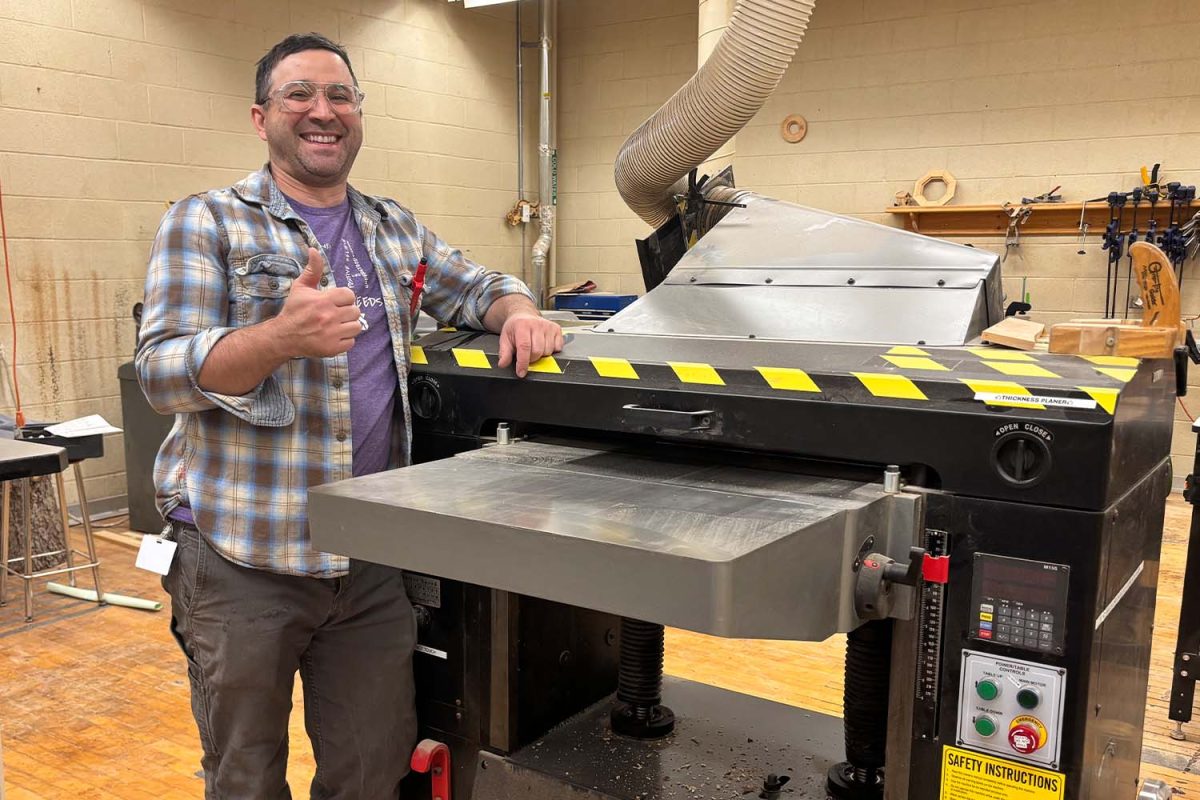Car accidents are frightening. Even being on the road itself is intimidating. Motor vehicle crashes are the leading cause of death for U.S. teens, according to the Center for Disease Control.
According to PennDOT, in Pennsylvania, a teenager is eligible to get their driver’s permit when they turn 16. After receiving their permit, they’ll wait six months before applying for the licensed test. In those six months or more, newly permitted drivers must attain 65 total hours of driving, with at least ten at night and five in inclement weather.
“I think the 65 hours is great,” I Love to Drive examiner Amanda Gunn said.
Gunn works at the I Love to Drive driving school, which teaches people of all age groups how to drive and tailors their lessons to their needs.
“I do think that there needs to be a little more stricter rules on making sure that they do have those hours, though,” she said.
The hours of practice are really important in becoming more experienced with the car’s many mechanisms.
“I would drive all the time. I’d drive my sisters to soccer practice and everything, or like, I’d drive to the beach with my parents,” senior licensed driver Paige Trout said. “That’s how I got my full 65, and it’s honestly easy. It becomes mindless after like a month of doing it, and it just gets really easy. I would very much so recommend it to people who are practicing.”
Being aware of the circumstances of being on the road and communicating with other drivers are important in avoiding a crash and staying safe.
“It’s really important to be able to read, essentially, like the body language of the cars around you,” Gunn said. “Leave a huge space cushion around you. It’s like making a bubble around your car. Don’t get in anybody else’s bubble and don’t let anybody into yours if you can help it.”
According to the National Highway Traffic Safety Administration, distracted driving and DUI are some of the leading causes of death in the US; in 2021, 13,384 people died from drunk driving, and about 3,522 lives died from distracted driving.
According to the CDC, distraction negatively affects driving performance for all drivers but can be especially dangerous for inexperienced drivers.
“Be responsible,” seniors Lila Hill and Maddie Noeller said. “Never drink and drive, or text and drive or anything like that. Don’t drive with people who aren’t responsible because they will distract you. You’re not just ruining your life. You’re ruining other people’s.”
Mental health also plays a large role when driving. Just as mental health can affect your daily activities, it can also affect your thinking on the road.
“A major difference with anxious kids is making sure that they’re in a supportive environment because, with anxiety, when you’re anxious, it’s kind of like your brain, it doesn’t absorb information anymore,” Gunn said.
Gunn especially emphasizes the importance of staying safe on the road if you have certain mental health conditions, like ADHD.
“ADHD students that are unmedicated are three times more likely to be in a car crash than a student that is medicated ADHD or somebody without ADHD,” Gunn said. “It’s a little bit tricky, because that kind of information, I wouldn’t want to push them into… I’m not a doctor. I can give them the statistics, I can suggest that they have a conversation with their doctor. But that’s as far as really I’m allowed to go.”
Gunn mentions some final tips for all drivers, whether they are newly permitted or licensed.
“Kindness would go so much further today out on the road,” she said. “There’s a lot of aggression out there. I’m not really sure where that comes from, maybe from our area because our roads were not built to hold this many people, to hold this many cars. So, some kindness and patience would really go a long way.”

























